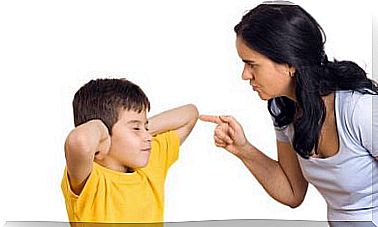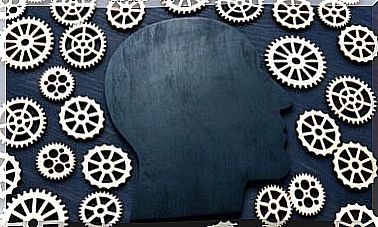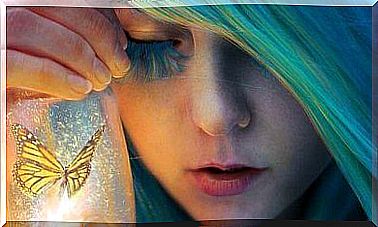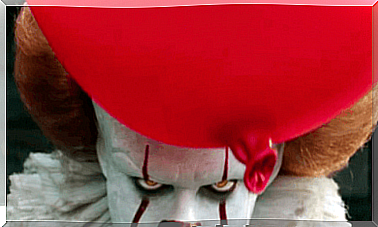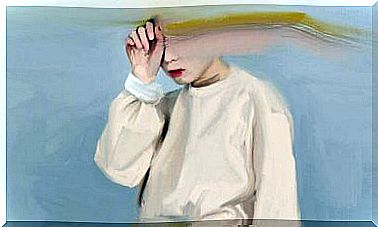Self-licensing: What Is It And How Do We Use It?
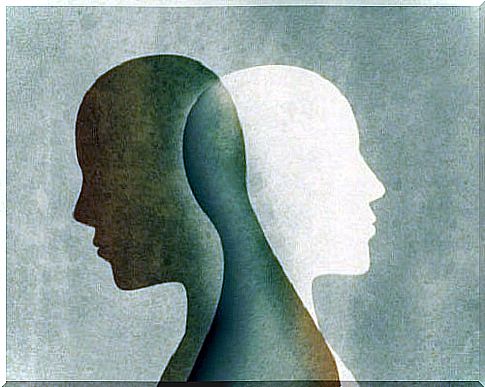
We like to present ourselves as good people, both for ourselves and for others, it is in fact a way to maintain a positive self-image. Which also leads us to have a positive self-concept. So what leads us to commit immoral acts? We find an explanation in the phenomenon known as self-licensing or the acquisition of moral credentials.
By self-licensing we mean that if in the past we have done right or morally well, in the future we can act in an “immoral” way. Let’s see an example: how many times after going to the gym or running, we said to ourselves “today I deserve a reward, I’ll eat a dessert!”.
After a morally desired behavior, we allow ourselves the right to perform a less desired one, without feeling guilty. Below we present a ome studies on the self-licensing phenomenon and see what makes some people more prone to this effect.

What does science say about self-licensing?
The effect of self-licensing, whereby moral conduct grants a person the right to behave immorally at a later time, has been demonstrated by numerous experiments. Psychological theories of behavior highlight the desire of human beings to have cognitive coherence in their thoughts, feelings and behaviors.
Quite intriguing research on self-licensing qualifies this desire for consistency by suggesting that people who behave in a morally commendable way feel more justified in engaging in morally questionable actions (Merritt, Effron & Monin, 2010).
The study noted that “moral licenses” lead to a broad spectrum of unwanted behaviors. For example, after recalling moral or socially desirable behaviors in the past, the person exhibits less praiseworthy attitudes.
According to the authors of the research, past good deeds can make people feel free to engage in unethical or problematic behaviors, which they would otherwise avoid for fear of feeling, or simply appearing, immoral.
In another study, conducted by Jessica Cascio and E. Ashby Plant in 2016, the researchers came to the conclusion that the following can be said about the phenomenon of self-licensing:
- Anticipating commitment to moral conduct allows people to behave immorally at a later time.
- People who anticipate future moral action show greater racial bias.
- Possible moral licenses are probably due to the accumulation of moral credentials , or the execution of morally correct acts in the past.
- Prejudices can be reinforced by moral behavior in a different domain.
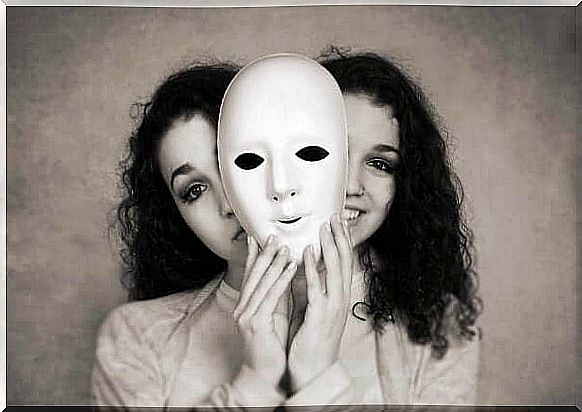
Moral cleansing
An important contribution to the moral licensing literature examines how talking about one’s positive or negative traits can influence charitable giving and cooperative behavior in a common dilemma (Sachdeva, Iliev, and Medin, 2009).
Based on their findings, the aforementioned authors argued that the phenomenon of self-licensing can best be interpreted as part of a larger moral self-regulatory framework , in which the inner balance of moral self-esteem and the costs associated with pro-behavior social determine whether the individual will exhibit moral or immoral behavior.
Ultimately, the study authors suggest that affirming a moral identity leads people to feel empowered to act immorally . However, when moral identity is threatened, moral behavior is a means of regaining some of the lost self-esteem.
In other words, only after having established the moral image of oneself, does one indulge in immoral action without fear of losing face (self-licensing). However, when an individual appears immoral in the eyes of others, positive actions are required to restore one’s moral image again (moral cleansing).
